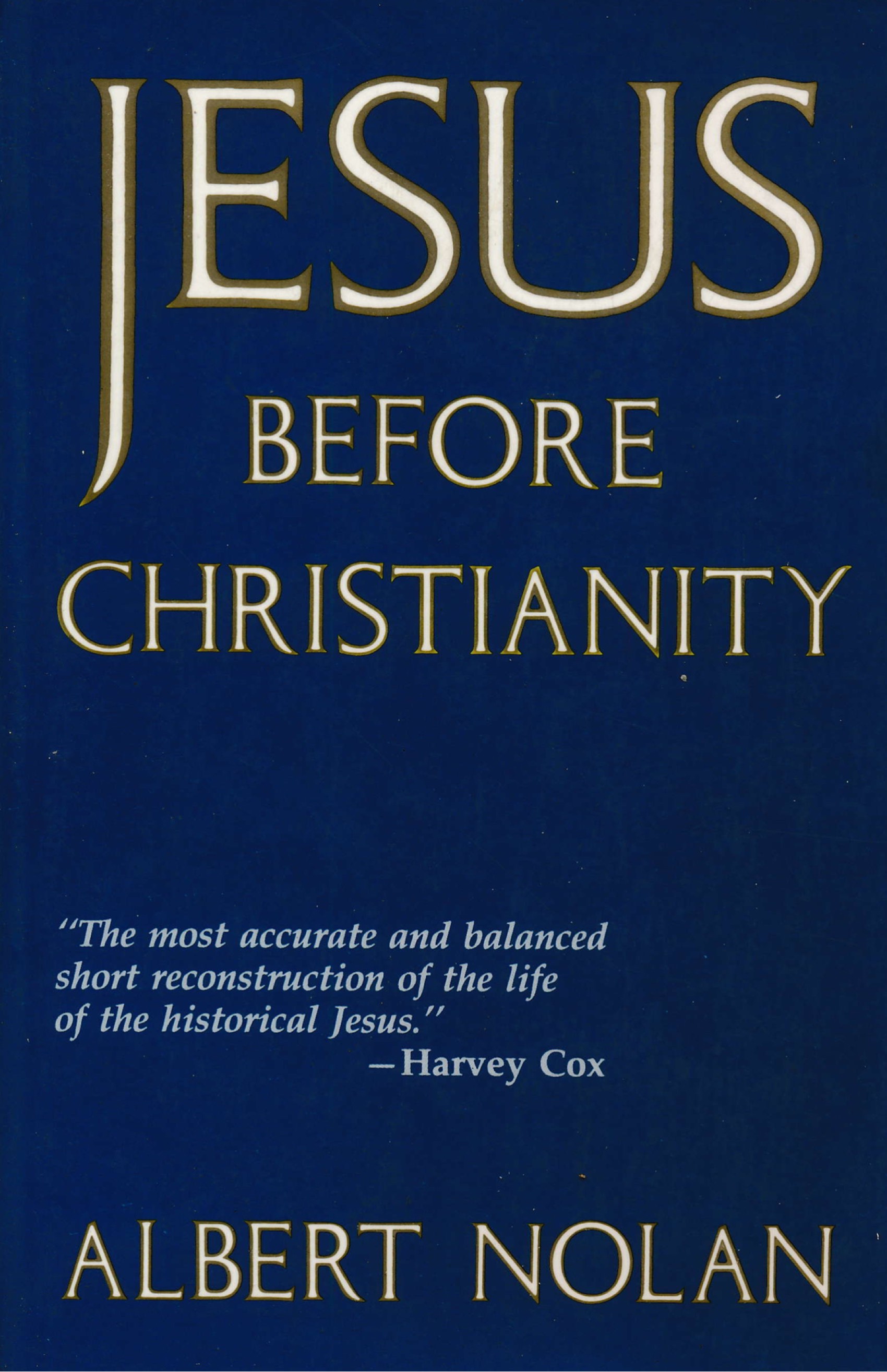JESUS BEFORE CHRISTIANITY
The book “Jesus Before Christianity” by Albert Nolan offers a historical and social examination of Jesus of Nazareth, focusing on his life and mission before the establishment of Christian doctrine and institutionalized religion. The central thesis is that Jesus was a radical figure whose teachings and actions were deeply rooted in the political, social, and economic conditions of first-century Palestine.
Key Themes and Insights:
1. Jesus’ Context and Mission – The book explores Jesus’ environment, marked by Roman occupation, Jewish resistance, and deep social inequality. It presents Jesus as someone concerned with addressing the suffering and injustice faced by the poor and marginalized.
2. The Kingdom of God – Nolan highlights Jesus’ revolutionary concept of the “Kingdom of God,” not as a distant, heavenly realm but as a transformative reality that challenged oppression and inequality in his own time.
3. Social Justice and Compassion – Jesus’ actions, such as healing the sick, forgiving sinners, and challenging social hierarchies, are presented as acts of defiance against both religious and political authorities. His radical love and solidarity with the poor contrast with the legalistic approach of the religious elites.
4. Confrontation with Power – The book emphasizes Jesus’ conflicts with religious and political leaders, particularly the Pharisees and Sadducees, who saw his teachings as a threat to their authority. His critique of power and wealth ultimately led to his arrest and execution.
5. Jesus as a Historical Figure – Unlike many theological studies, Nolan avoids presupposing Jesus’ divinity and instead reconstructs his life from a historical perspective, showing how his actions had profound implications for social change.
The book challenges traditional Christian interpretations by presenting Jesus as a figure of justice and liberation. It encourages readers to see him not just as the founder of a religion but as a reformer who sought to transform the lives of ordinary people.
